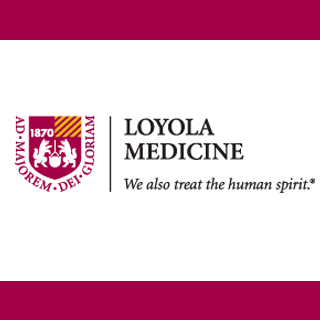
Study authors from Loyola University Health System discovered that particular immune system cells seemingly decelerate the wound-healing process. Thereby, it could be feasible to improve healing by inactivating these immune system cells.
In the study, the immune system cells that seemingly hampered the healing process are known as natural killer T (NKT) cells. NKT cells supposedly carry out useful roles like destroying tumor cells and virus-infected cells. Nevertheless, study authors found that NKT cells may also shift to wound sites and slow down the healing process.
Elizabeth Kovacs, PhD, lead author and colleagues utilized an animal model to inspect the consequences of NKT cells on healing. Healing was believed to be considerably slower in normal mice that supposedly had NKT cells than it was in a special breed of mice that did not have NKT cells.
Kovacs and colleagues commented, “We demonstrated that early wound closure was accelerated in the absence of NKT cells. Importantly, we also made the novel observation that NKT cells themselves are a constituent of the early wound inflammatory infiltrate.”
Particular conditions like diabetes and infections could decelerate or avert wounds from healing. The study discovered that NKT cells could be somewhat responsible. Study authors are not aware how NKT cells slow healing. But they are of the opinion that they may be able to inactivate NKT cells by utilizing an antibody. They are said to be examining this prediction in a follow-up study.
The study was published online in the Journal of Surgical Research.
